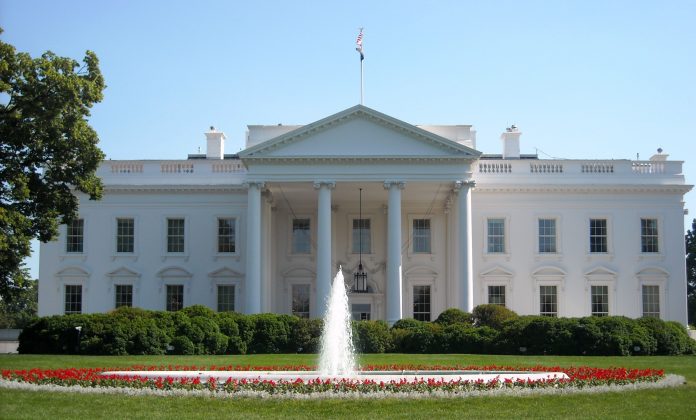
Hannah Kiester
Almost as soon as 2019 began, hopeful candidates started campaigning for the 2020 presidential election.
Since President Trump’s election in 2016, there have been many predictions as to who will go up against him for the United States presidency in 2020.
According to an isidewith.com poll asking who the public’s favorite candidates are, 21 percent of responses indicated President Trump is the current favorite candidate.
Closely following him at 17 percent is Michelle Obama, who has already stated she will not be running for the presidency.
Though American citizens have been thus far unsure about who exactly plans on running, those questions will soon be answered. In the first few weeks of the new year, those predicted candidates will announce their official plans as to whether or not they will run for office.
President Trump has already announced his official decision to run for reelection, but other conservatives believe that a new, strong Republican candidate is needed to challenge Trump.
In the Washington Post, Stephen Hayes wrote that a new Republican candidate needs to step forward to represent the part of the party that does not support President Trump.
“The ideal challenger would be a committed, articulate conservative…who would show voters that conservatism and Trumpism are not one in the same,” Hayes said in the article.
As of right now, no evident challenger has stepped forward and officially announced intentions to run.
For the Democratic party, many candidates have confirmed that they are running and are already campaigning.
“I am determined that we build an America where not just the children of rich people get a chance to build something,” Democratic candidate Senator Elizabeth Warren said of her reasons for running for president in her speech in Sioux City, “but where all of our children get a chance to build a real future.”
Warren has already begun campaigning. She started with Iowa and is moving next to New Hampshire. She is one of, if not the earliest campaigners looking to the 2020 election, which has already put her in the public eye as a strong Democratic candidate.
Along with Warren, other notable Democrats are looking to the future. Former Vice President Joe Biden has stated that while he has not officially decided to run, he is still considering the decision with his family.
“The issues that we face as a country today are the issues that have been in my wheelhouse, that I’ve worked on my whole life,” Biden said in December.
Other Democrats have stated so far that, like Biden, they are considering running, but have made no official statements yet. These Democrats include former New York City Mayor Michael Bloomberg, and Vermont Senator Bernie Sanders.
Given the inter-party divisions happening in both the Republican and Democratic parties, the 2020 presidential election is predicted to bring big platform changes for each side of the aisle.
With such significant shifts in policy positions and party in play, all voting citizens of the United States, including FSC’s student body, will have a hand in affecting that change.
Especially after the 2016 presidential election, it has been a popular viewpoint of many Americans that their votes do not count. Only 4 in every 10 Americans actually vote, according to NPRarticle “On The Sidelines Of Democracy: Exploring Why So Many Americans Don’t Vote.”
“I feel like my voice doesn’t matter,” 31-year-old Megan Davis told NPR. “People who suck still are in office, so it doesn’t make a difference.”
Americans with similar viewpoints as Davis are why voter participation has been declining. Despite these declines, there is still hope for the power of the voting system.
Recent studies from The Associated Press, paired with polls in USA Today, have shown that increasing numbers of young adults are registering to vote. Such studies disprove the popular theory that younger generations do not care enough to vote, or that their votes do not matter.
These studies also indicate that young adults, a demographic to which FSC students belong, are becoming the most diverse group of voters in the country. A Pew Research Center study shows that only 52.1 percent of the younger generation is non-hispanic white, which is a narrow margin majority.
Along with racial and ethnic diversity, the younger generations also have more financial diversity. They also reflect more diverse living and work situations. About 65 percent of these young adults grew up in a household with two married parents, and only 58 percent of today’s younger generations are currently employed.
This means that in a time of split party policies and shifting demographics, the diversity of the young adult vote will be more beneficial than ever in deciding the outcome of the coming elections.
For that reason, students are encouraged to keep informed about the coming election so that when the time comes to vote in November 2020, they have a full understanding of the election and all the candidates at play.
For now, U.S. citizens are still waiting to hear the extent of who all will be taking part in the next presidential election.
Students can stay informed by keeping up with updates published in the Southern, as well as by looking at various news media sites such as The New York Timesand The Associated Press.







